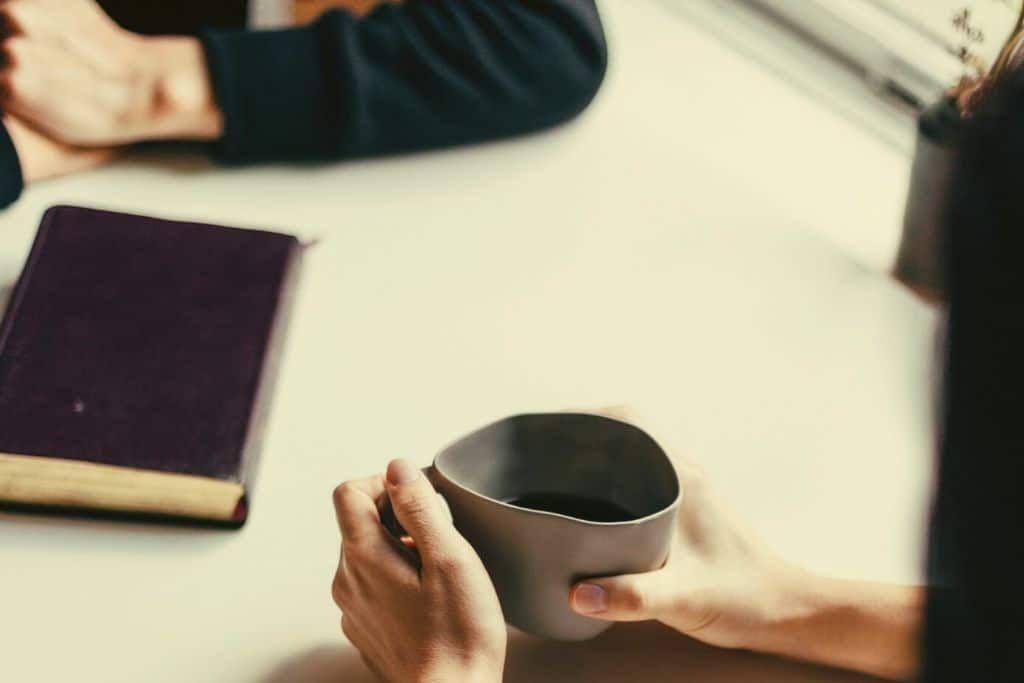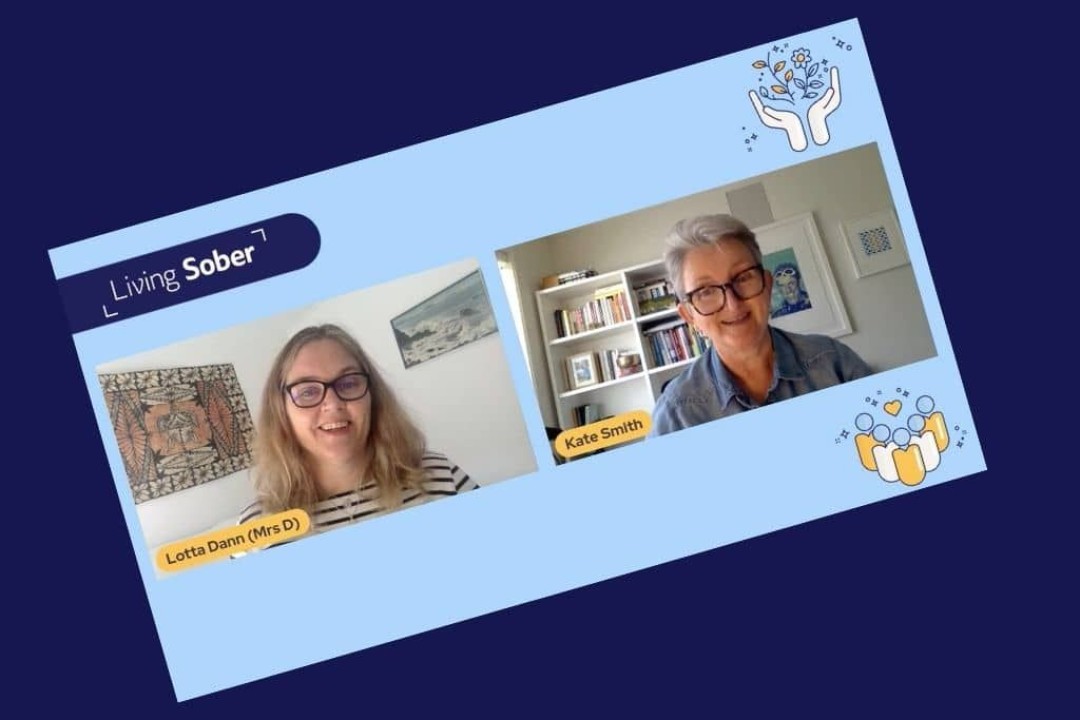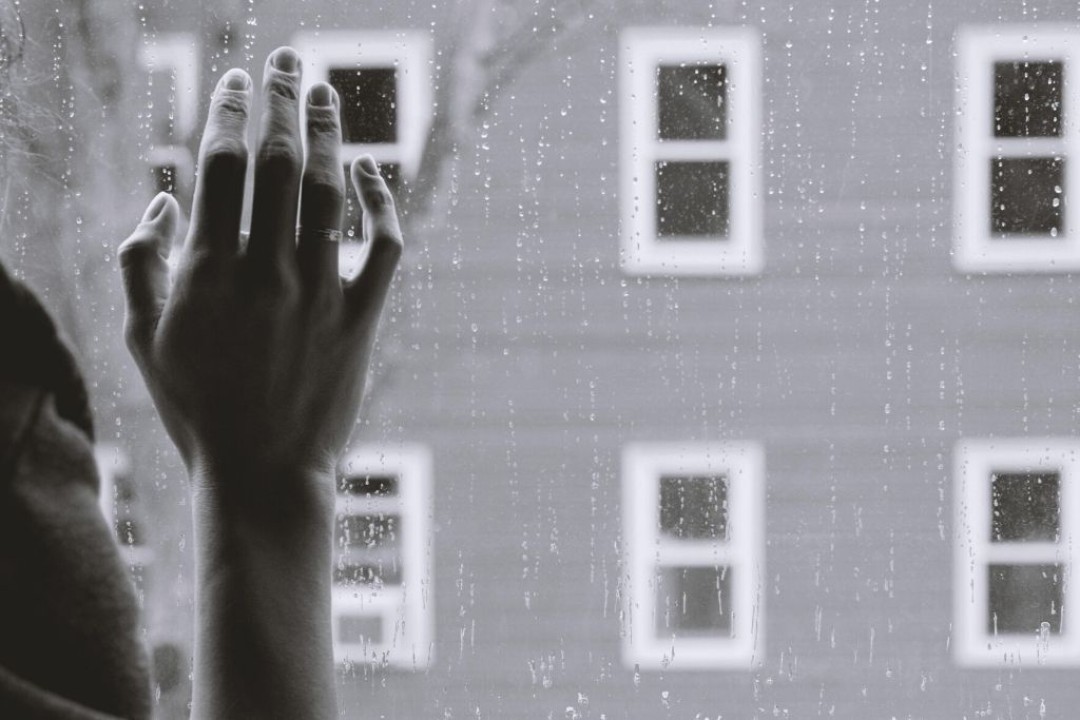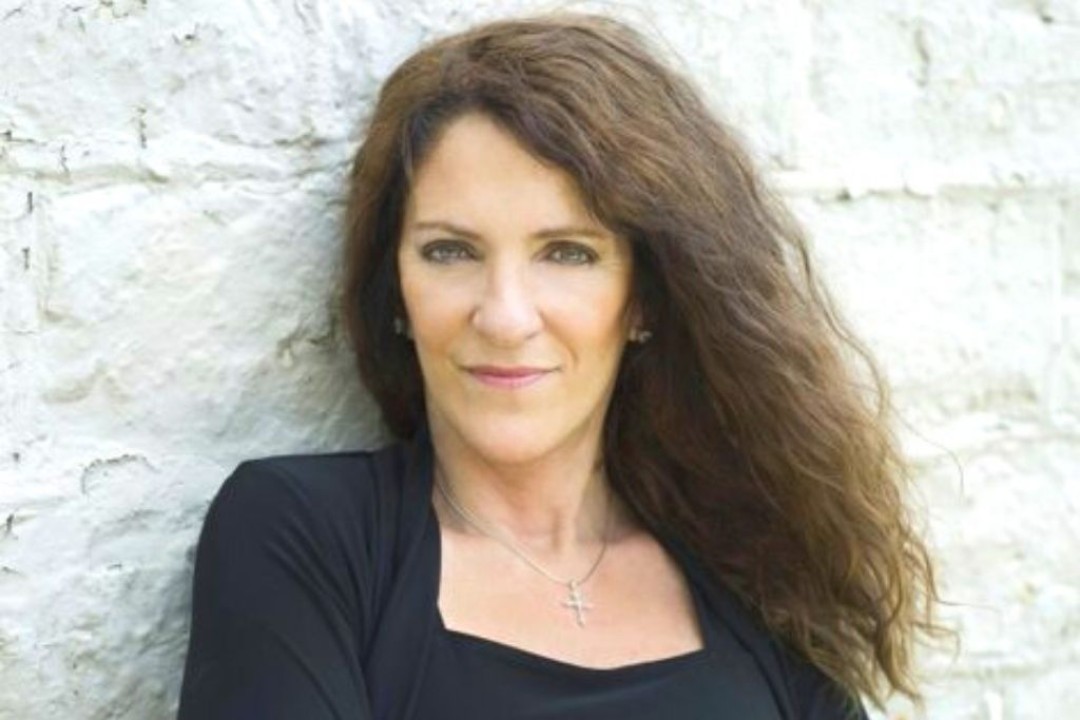"This isn't the real you."
July 3rd, 2021 Mrs D's Blog

==========
Me: I need your help.
Steph Anderson: What’s up?
Me: I’m writing about all of the different ways alcohol can impact on women’s lives, and I want to write about vulnerability and safety-how when you drink past a certain point you’re vulnerable to bad things happening to you.
Steph: Okay.
Me: But I don’t know how to do this without it sounding like I’m suggesting that women are to blame somehow if something bad happens to them while they’re under the influence. Because the only person who is to blame if there’s any sort of violence or sexual assault is the person who did it, right?
Steph: Right. If a rape happens or a sexual assault or any type of violence, then the perpetrator is entirely to blame.
Me: But there are issues around vulnerability and safety for women when they’re drinking-how can I talk about that and not make it about blame?
Steph: Hmmm, it is a bit of a minefield that one, but we do need to have some brave discussions around this because many women’s lives are affected in this way.
Me: So let’s have a discussion then. But first, remind me about your experience and expertise in this area.
Steph: I’m an addiction nurse specialist, and I’ve been working in this field for 25 years.
Me: And you’ve dealt with thousands of women in that time?
Steph: Oh yeah, thousands. Thousands and thousands of women.
Me: Have you often had discussions about bad things that have happened to women where alcohol was involved?
Steph: Many times. Once I’ve built a space where women can be honest, feel respected and able to talk about stuff freely, I say, ‘You know, it’s really common when you’ve been drinking that you make bad choices. Have you ever made any bad choices that still play on your mind or still affect how you function in the world now?’ Without fail the majority of women will say ‘yes’, they have put themselves in positions where they have been very vulnerable, or been assaulted, or made bad choices or continued bad choices, that sort of stuff. It’s very, very, very common.
Me: Are they carrying guilt and shame around that?
Steph: Absolutely. When I think about my career in the world of substance use problems and all the women I’ve dealt with, that is the overwhelming feature that stands out: women feel guilty about losing control and letting stuff happen. They move very quickly from ‘This person did this to me’ to ‘I lost control’ or ‘I let that happen’. And that adds to their trauma massively. They feel bad about it and feel they can’t talk to people about it.
Me: Is part of the problem that they’re judged by outsiders when things happen to them while they’re under the influence?
Steph: For sure. How women are treated in courts is still pretty appalling at times. If a woman has been raped and she was intoxicated when she was raped, she’s still much more likely not to be believed.
Me: There are so many court cases concerning sexual assault and rape where the defence focus on the intoxication level of the victim.
Steph: I imagine the true amount of sexual assault is massively underreported because women don’t feel that they are ever going to be believed, or they actually feel responsible themselves because they got pissed and it happened.
Me: What about the judgement they might receive from professionals like emergency services and others?
Steph: Over the years I’ve had a huge amount of trouble getting women with substance use issues who’ve been assaulted or sexually attacked into crisis housing or support services, because they have a big issue with women who use alcohol. There’s a judgement attached to it. It also happens an awful lot with ambulance officers, the police, nurses and doctors in emergency departments. If you’ve been assaulted they might be dismissive of you because you smell of alcohol. If that’s your first interaction with a professional, then the blame is already embedded, the guilt starts to grow, and then you’re less likely to seek help for yourself, aren’t you?
Me: So what would you say to a woman who’s been in that position where they’ve been drunk, something’s happened, they’ve felt judged and then they blame themselves? What do you want to say to them?
Steph: I would be saying to them that this is an experience that they need to think about. And that they need some help to understand the mechanism of it in order to change how they feel about it and to prevent it happening again.
Me: And also, you’re not to blame for this.
Steph: No. But it’s a balance, isn’t it, because you don’t want women going out saying to themselves, ‘Oh, well, if I get drunk and shit happens, it’s not my fault.’
Me: Yeah, okay. Gosh, it’s complex, isn’t it?
Steph: It’s a minefield.
Me: So putting the judgement thing aside, how do you, in your treatment and care of women, address the fact that when they drank they potentially made themselves vulnerable?
Steph: I say, ‘This happens to a lot of women, but you are not to blame. You never set out having that drink at the beginning of the night thinking, I’m going to be raped or beaten later. Did you? You never intended for this to happen.’ And I emphasise to them that after a certain point they’re not in control. ‘Your thinking brain, your rational brain, got totally hijacked by alcohol and you were not yourself.’ One of the most powerful things to say to women is, ‘You were not yourself. This is not the real you.’
Me: I like that: ‘Your rational brain got totally hijacked by alcohol.’ So there’s a separation there. Yes, it was you who was drinking and these things happened. But you weren’t yourself, you weren’t your rational self, you’re not to blame, that shouldn’t have happened to you. And then kind of moving forward from that position of strength.
Steph: There’s a very powerful visual thing that I do with women. Basically it’s an axis where on the left- hand side you have power, and along the bottom axis you have an amount of drinks. On the left axis, you start with two dots. One is the rational brain and the other is The Beast, which is what we call the drinking brain. When you start at one drink, your rational brain is still at the top of the left-hand axis. The drinking brain-The Beast-creeps up a little bit. Then you have another drink and the rational brain moves down a little and The Beast moves up. And then you just carry on that progression. The more drinks you have, the more that the power of the rational brain declines and the power of The Beast increases, and there’s a crossover point. I would say to women, ‘At that crossover point, you no longer have control.’
Me: That visualisation is powerful.
Steph: Oh, it is. And we all know that there’s a crossover point at which we no longer have control, because that’s why we have laws about not drink driving or handling heavy machinery and such things. We know how alcohol affects our ability to judge and coordinate. The key is to get people to identify where the crossover is for them. It might be two drinks. For some people it’s the first drink. I say to women, ‘Where did the horrible stuff happen?’ And when they say it happened at this point of the bottom axis, I tell them, ‘There’s no way that you could be in control. It’s biological-you weren’t able to make any good decisions.’
Me: I like that thing about creating a separation from the things that happened when you were under the influence. So you can go, ‘Yes, it was me but I was drinking and I wasn’t myself.’ Can you talk about that again, because I really think that’s powerful in terms of shifting the guilt and shame.
Steph: It’s so powerful. The Beast is a way of conceptualising when it’s not the real you, because that’s when your primitive, drinking brain is in control. It’s driven by alcohol. That’s the most powerful thing: starting to figure out when you’re not really there and It is there. Calling it ‘It’.
Me: Yeah, we use names like ‘The Wine Witch’ or, my personal favourite, ‘The Inner Booze-Pig’.
Steph: I think about the times when I’ve been drunk and I haven’t been myself, it’s not the real me. It’s something else. So I think that’s the biggest thing to say to women: ‘This isn’t the real you. The real you is still there but it’s being plastered over by alcohol.’
Me: So if we know there’s that point in the night when the rational brain has clocked off, how do you work with women to figure out what’s best for them in terms of alcohol?
Steph: Well, I think it is about helping them figure it out for themselves. Giving them the tools to figure it out and using the techniques that a skilled practitioner has. Getting them to the point where the crossover point becomes much clearer in their mind.
Me: Have you found in your work over the years that it takes a lot for women to get over any self-blame they may have for things that have happened?
Steph: Yes. Because there’s no doubt about it, the consequences for women who drink are far greater than for men. I see it time and time again.
Me: How important is it for women, do you think, to not make themselves vulnerable? To be in the best place they can to deal with things when they happen, whether it be an abusive boyfriend or a predatory guy in the bar. How important is it that women aren’t compromised in those sorts of scenarios so that they can be their best selves, making their best decisions?
Steph: I think it’s absolutely vital because, as we know, women keep our society together, they keep families together, and they raise our youngsters. But there’s also perhaps a deeper thing to think about, which is for some women, what’s gone wrong in the past? We know that there’s a huge percentage of underlying or coexisting mental-health issues or trauma-based stuff already in play. And if women have had shit lives, have had sexual abuse as a child or whatever, then they’re more likely to turn to drink. And then they’re more likely to put themselves in positions where that abuse is perpetuated. There’s a bigger cycle at play for a lot of women.
Me: That’s right, and I am going to talk about that later in the book (see Part Four) when I talk about possible causes for women relying heavily on alcohol. But for now, in terms of this vulnerability issue, you’re saying the best thing is to be honest with yourself and be mindful of where your crossover point is with drinking. The world, unfortunately, is not always a safe place for women, so it’s important we give ourselves the best chance we can of keeping safe.
Steph: Yes. And, if something bad has happened in your life, try to get some support from an outside perspective. Find the strength to acknowledge to yourself what’s happened as a result of your drinking, and find someone else who you can talk to honestly about that. That’s part of the process of trying to rebuild self-esteem. Because we know that, when people drink or use drugs, often their underlying value system goes astray. They do things that they would never normally do, or they allow people to do things to them that they would never normally allow. So it’s about realigning your moral compass. If you don’t do that, if you don’t solidify your values, and your beliefs about yourself as a person who has the ability to say no, look after yourself and stand up for other people, then you sort of continue to drift through and you have your self-esteem drop and you can still be a very vulnerable person.
Me: Okay, well I feel we’ve just scratched the surface of this issue but hopefully it will get people thinking, and if need be feeling empowered to go talk to someone and get help from an outside perspective. Thank you so much, Steph.
Steph: Happy to help.
Continue reading
Sobriety Chat: Kate S
Listen to former high-powered advertising guru and consultant Kate talk about the many thousand 'Day One's she had, the confusion of being in active addiction, the work she's done in therapy to identify and separate from her 'addict brain', the boozy advertising industry and pushing past shame to be open about recovery.
May 12, 2022
This is the holiday season you become a Winner
A lot of our community are struggling this Silly Season feeling confronted by all the boozy get-togethers and family gatherings that are happening around them.
December 10, 2016
Sober Story: Arielle
This week’s Sober Story comes from Arielle, a 28-year-old living in the West Coast of America.
February 26, 2020
Sober Story: Lisa
This week’s Sober Story comes from Lisa Boucher (pronounced boo-shay), a 58-year-old living in Ohio, USA.
January 15, 2020


